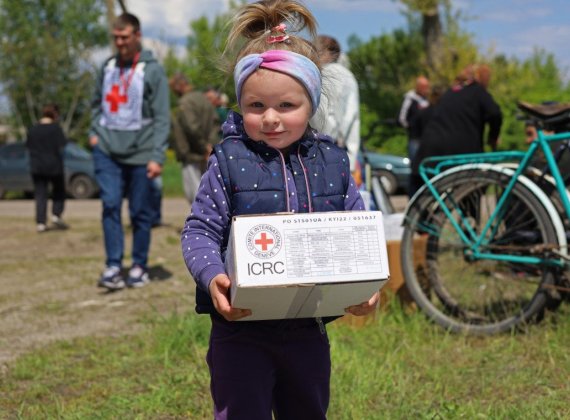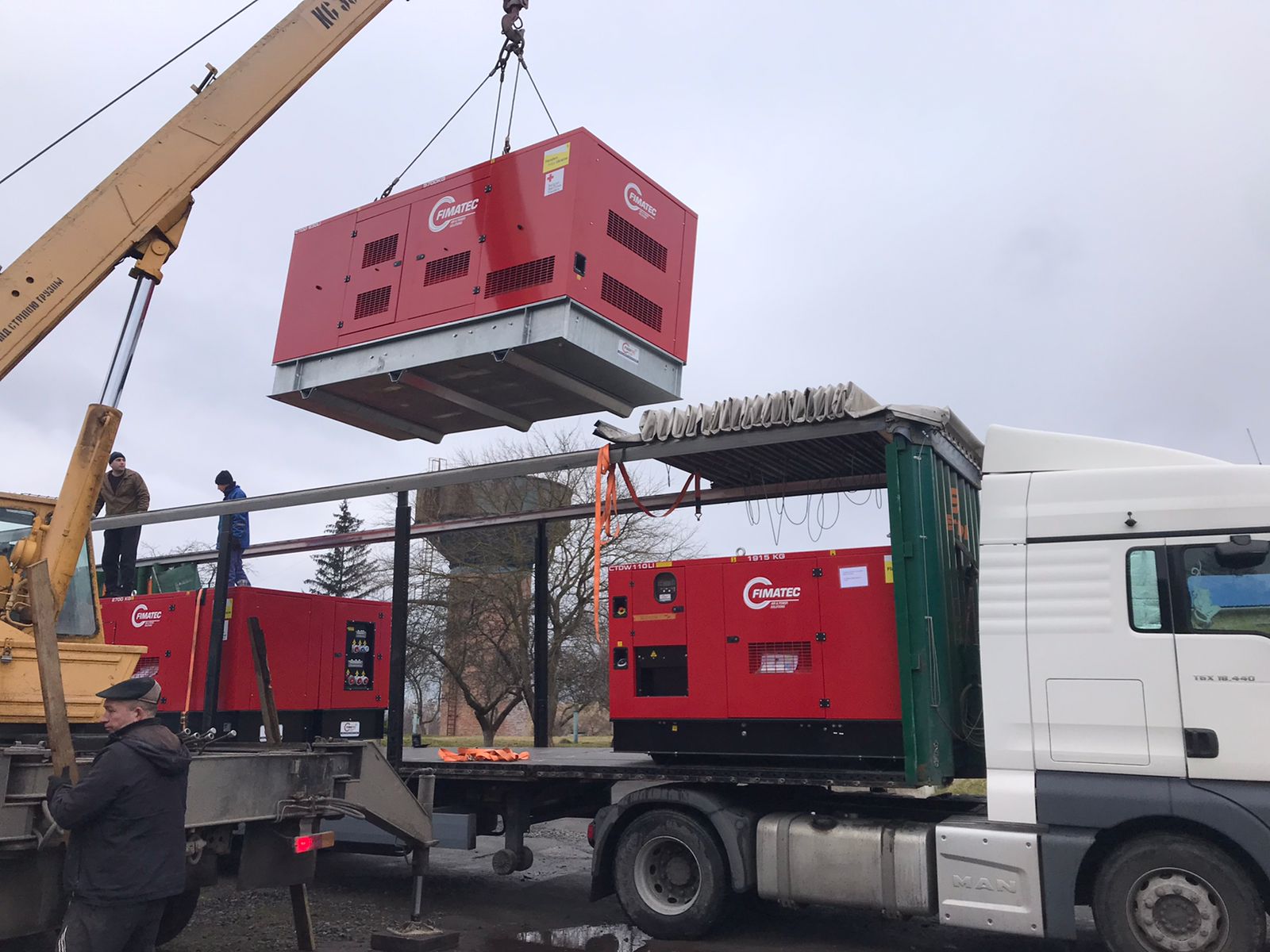Disaster and conflict assistance
We contribute to international disaster response worldwide. The Red Cross and Red Crescent Movement is the largest volunteer movement in the world and, thanks to its branched network of volunteers, often has access to places where no one else has access. Belgian Red Cross-Flanders supports sister Red Cross and Red Crescent societies with financial support, emergency relief supplies and sending out staff and volunteers in disasters.

Financial support
Through the 191 national associations, we are present almost everywhere in the world through the local sister association, its staff and volunteers. Even if Belgian Red Cross-Flanders does not have its own staff on the ground when a disaster strikes abroad, we are making a difference. By financially supporting the local sister association in the first days after a disaster, we enable them to provide the most efficient and appropriate assistance to disaster victims on the ground. In this way, in-country assistance can be determined which is most needed. The purchase of locally available goods by the National Red Cross Society, e.g. Moroccan Red Crescent, also supports the local economy, which helps recovery in an affected area.
Thanks to the emergency relief fund at Belgian Red Cross-Flanders , we have funds immediately available to provide quick support in disasters, including those that do not necessarily receive much media attention. Thanks to the support of many Flemish people, we have made humanitarian actions possible worldwide in recent years.
Sending out specialized staff and volunteers
During major disasters, often many Red Cross and Red Crescent staff and volunteers from all over the world are temporarily needed to provide additional support to the local Red Cross and Red Crescent Societies with their valuable knowledge and experience.
Together with the national Red Cross Societies of the Benelux, we have a so-called "Relief Emergency Response Unit" (Relief ERU). This is a team of trained staff and volunteers ready to be deployed in disaster areas within 48 hours. The main activity of this team is to plan, coordinate and carry out mass distributions of emergency relief items such as, for example, food, tent equipment and household goods. At the request of the local Red Cross and Red Crescent Society, our team is dispatched as needed.
Emergency Goods
People affected by a disaster sometimes lose their entire possessions, requiring assistance to meet their basic needs. These include food and drinking water, kitchen utensils or simple materials to make an emergency shelter. These basic needs can vary by country and continent and depend on local customs and culture. If the needs match what Belgian Red Cross-Flanders can offer, after consulting with the local Red Cross and Red Crescent Society, we send the desired emergency relief items.

Transport with generators from Flanders to Ukraine, to support energy supplies, which were severely disrupted by the ongoing armed conflict
How can you help?
Become a volunteer
- Are you 18 years old or older?
- Are you available for at least 8 weeks a year for at least the next three years?
- Do you have strong IT skills and can work well with Excel and Smartphone applications?
- Do you have experience in emergency response situations?
- Do you speak English fluently?
- Are you stress resistant and in good health?
Then apply to become a volunteer with our Emergency Response Unit using the contact form below!
If this is not what you are looking for, but you would still like to help and think you have a particular expertise that could be useful, we would also like to hear from you.
